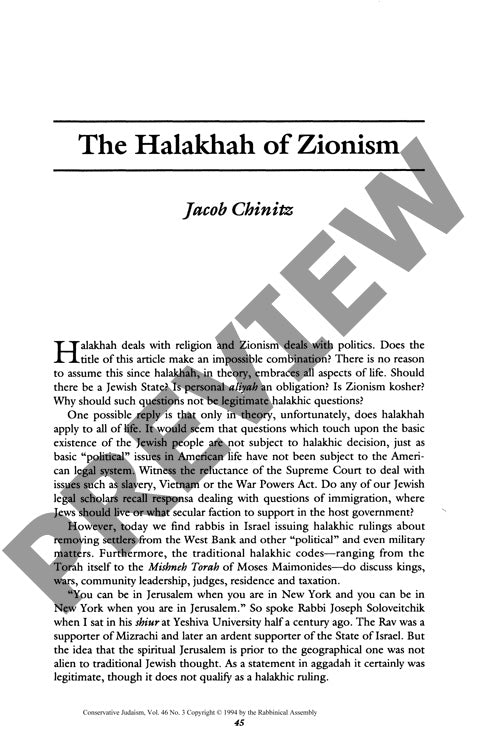The Halakhah of Zionism
Couldn't load pickup availability
Judaism's complex legal tradition harbors a fundamental tension regarding the permissibility and religious obligation of returning to the Land of Israel - a tension that continues to shape Orthodox Jewish responses to Zionism. Through analysis of classical sources from the Talmudic period through medieval commentaries, striking contradictions emerge: the Jerusalem Talmud equates residing in Israel with fulfilling all Torah commandments, while the Babylonian Talmud's "Three Oaths" explicitly forbid collective national return and rebellion against gentile authorities. This divide deepened among medieval legal authorities, with Maimonides notably excluding land conquest and settlement from his enumeration of religious obligations, while Nachmanides passionately argued for their central importance. The examination of primary halakhic sources, including both Talmuds, medieval commentaries, and major legal codifications, reveals how post-talmudic scholars further complicated this discourse by introducing practical considerations of physical danger and economic feasibility. These divergent legal positions - ranging from absolute prohibition to religious mandate - explain the wide spectrum of contemporary Orthodox attitudes toward Zionism, from staunch opposition to religious settler ideology. This legal diversity challenges common assumptions about a simple correlation between Jewish religious observance and political Zionism.

More Information
-
Physical Description
-
Publication Information
Published 1994
ISBN
-
Publication Credits
Jacob Chinitz

